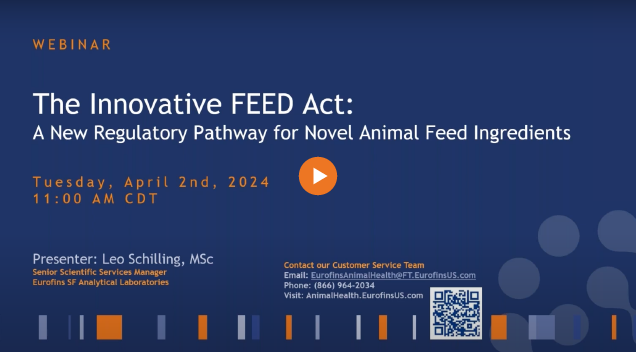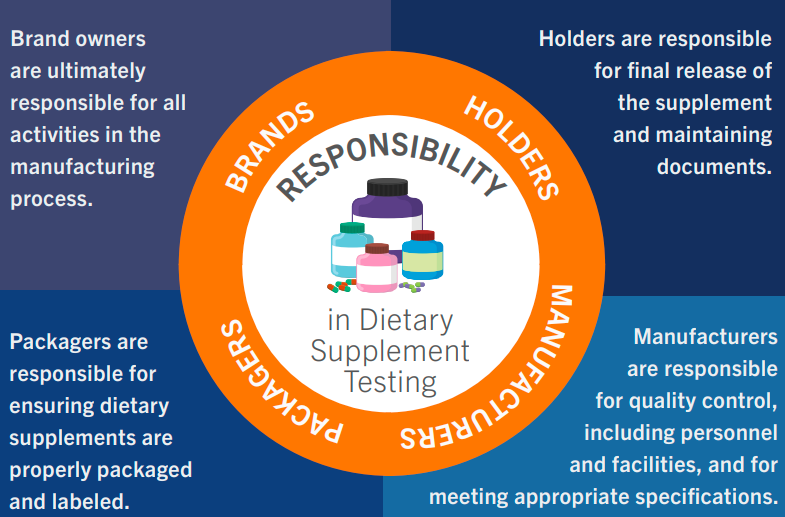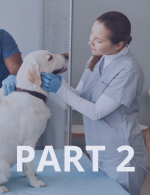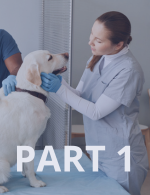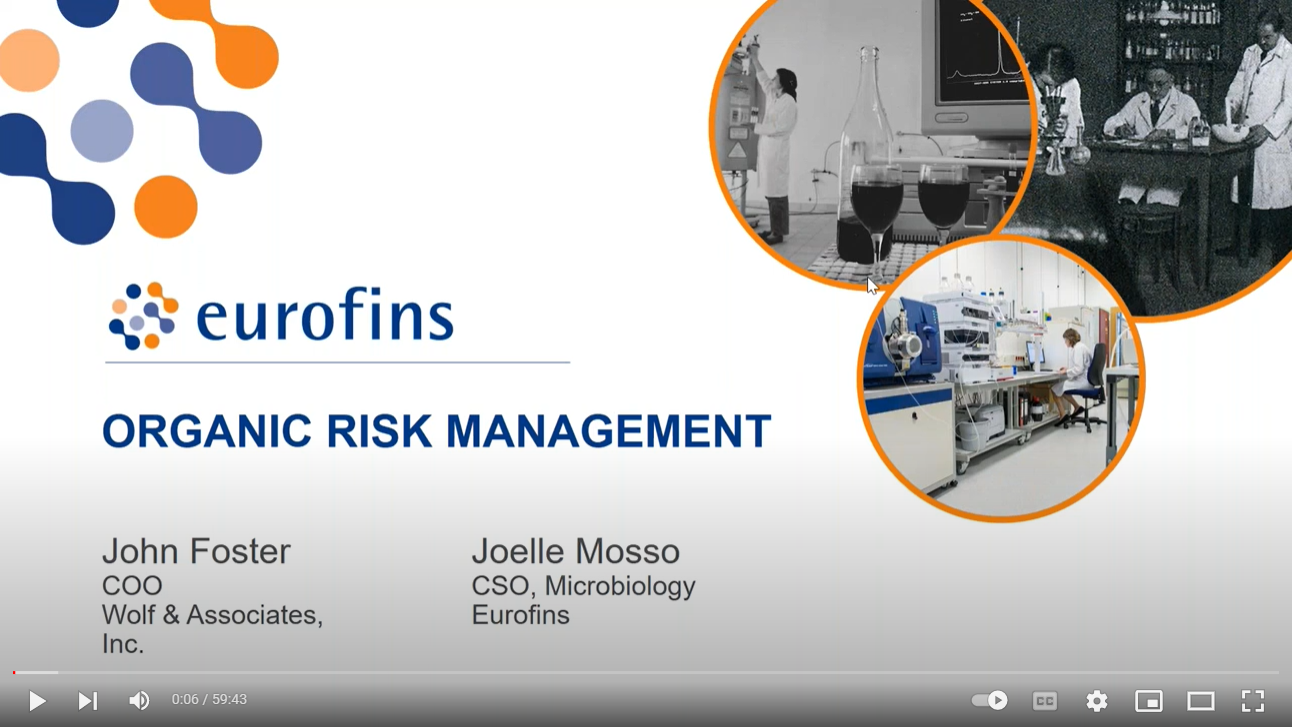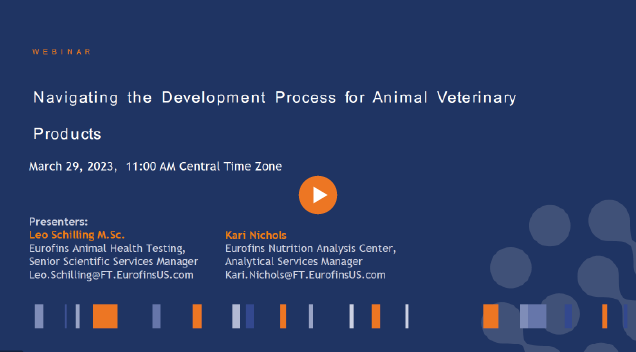Webinars
Upcoming Webinars:
Register to attend one of our live broadcasts. Calendar already booked up during that time? No problem. Register today, and you will receive a copy of the webinar recording after the live event.
The Science Behind a HPTLC Test
Monday, April 21, 2025 | 11 AM CDT
Presenter:
Patrick Fast
Technical Manager, Eurofins Botanical Testing
BEHIND THE SCIENCE WEBINAR SERIES
"Healthy” Labeling Claims with Mollie Van Alst
Wednesday, April 23, 2025 | 12 PM CDT
Presenters:
Mollie Van Alst
Senior Analytical Services Manager, Eurofins Food Chemistry Testing
Dr. Doug Marshall
Chief Scientific Officer, Eurofins Microbiology Laboratories
Understanding Protein Analysis for Label Claims and Characterization
Wednesday, April 30, 2025 | 11 AM CDT
Presenter:
Dan Berg, MS
Senior Analytical Services Manager, Eurofins Food Chemistry Testing Madison
Understanding Mycotoxins: Risks and Mitigation Strategies
Tuesday, May 6, 2025 | 11 AM CDT
Presenter:
Leo Schilling
Manager of Laboratory Operations - Mycotoxins and Veterinary Drugs, Eurofins Central Analytical Laboratories


